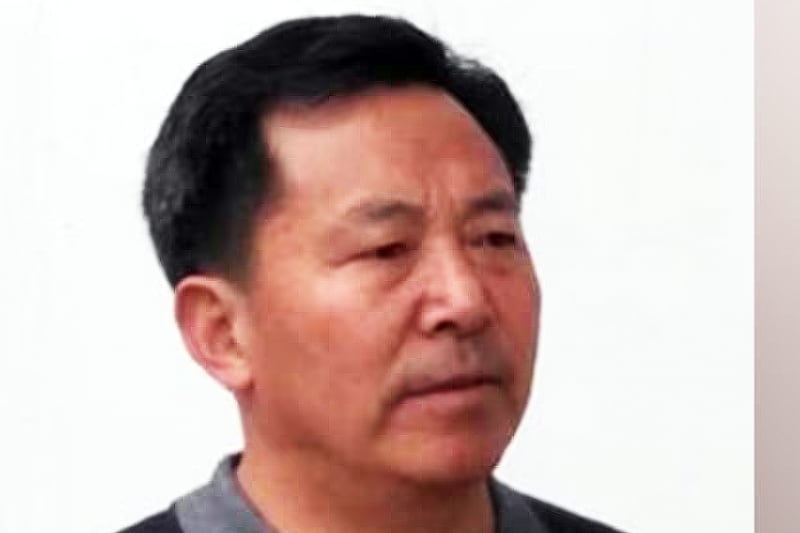Chinese constitutional law expert Yao Lifa once got himself elected to his local Qianjiang Municipal People’s Congress in 1998 after a 10-year battle to use the existing system of grassroots “elections” under the ruling Chinese Communist Party.
Yao played strictly by the rules to gather the correct number of nominations. Once elected, he used his platform to criticize and challenge government decisions.
Yao was eventually shunted aside after serving one five-year term and has been targeted by the authorities ever since.
Yet his story sparked a series of attempts by dozens of other activists to win seats in their district or municipal People’s Congress, resulting in a crackdown on the practice.
Now, Yao is calling once more for Chinese citizens to “use their right to vote,” and turn out in elections for district, city and county-level People’s Congresses that will be held across China from the spring of 2026 to the fall of 2027.
Yao wrote in a Lunar New Year message to Chinese citizens: “Given that this only comes around once every five years, we don’t get to exercise our right to vote very often in the course of a lifetime.”
“The right to vote (including the right to be elected and the right of recall) is a political right that we, the ordinary people, the citizens, have at our command,” the message on Tuesday said.
But there are big risks involved for anyone who answers his call.

“We need a lot of people, especially educated people, to spread the word to citizens and voters, so they know how elections should be run,” Yao told RFA Mandarin in an interview following his statement.
“This work is actually very difficult,” Yao said. “If we were to get 10, 20 or 30 people together to study the law and exchange ideas, they could be hauled in by police.”
Candidates must be approved
Under China’s 1979 electoral law, candidates may theoretically seek nomination if their bid is seconded by “at least 10 other voters” in their home constituency.
In practice, such nominations are rarely accepted by local officials, and often make would-be candidates a target for local “stability maintenance” measures that can include being hauled in to “drink tea” with state security police, threats, detention and even physical attacks.
Since Yao inspired activists to try running as candidates, the Chinese authorities have warned that there is “no such thing” as an independent candidate, and that anyone hoping to stand for elections to local People’s Congresses will first have to clear “due legal procedures.”
RELATED STORIES
Fourteen rights activists say they will seek candidacy in Beijing district elections
Chinese Political Activist in Hospital After Violent ‘Release’ From Detention
Chinese Activist Incommunicado After Teaching People How to Win Votes
China “elects” more than two million lawmakers at the county and township levels during nationwide elections every five years to local-level People’s Congresses in more than 2,000 counties and 30,000 townships.
But candidates must be approved by local party officials, who usually ensure that anyone lacking their support doesn’t win, often by tampering with ballot boxes or paying for extra votes.
Apart from a token group of “democratic parties” which never oppose or criticize the ruling Communist Party, opposition political parties are banned in China, and those who set them up are frequently handed lengthy jail terms.
“Essentially, they are afraid that the people will turn the election law into a weapon and vote according to their own will during the election process,” Yao said. “They fear that a politically awakened people ... [will elect] those who are known to them, people who have the trust and support of the people.”
If that happens, “our society will have taken a huge step forward,” he said.
Yao is hoping that people will start to take part in the existing political process, without trying to challenge or oppose the ultimate leadership of the Chinese Communist Party.
“We want to focus on achieving legal elections, so the will of voters can be truly expressed,” he said. “Legal elections aren’t in conflict with the leadership of the Communist Party.”
Yao is also calling for a review of electoral law to give voters more power.
“Our constitution clearly states that the People’s Congress system is the fundamental political system of our country,” Yao said. “It also states that all state power belongs to the people. What does that mean? That’s the point of elections, that the people elect representatives they are satisfied with.”
Translated by Luisetta Mudie.
